Egypt Impact Lab: An embedded lab in the National Institute for Governance and Sustainable Development
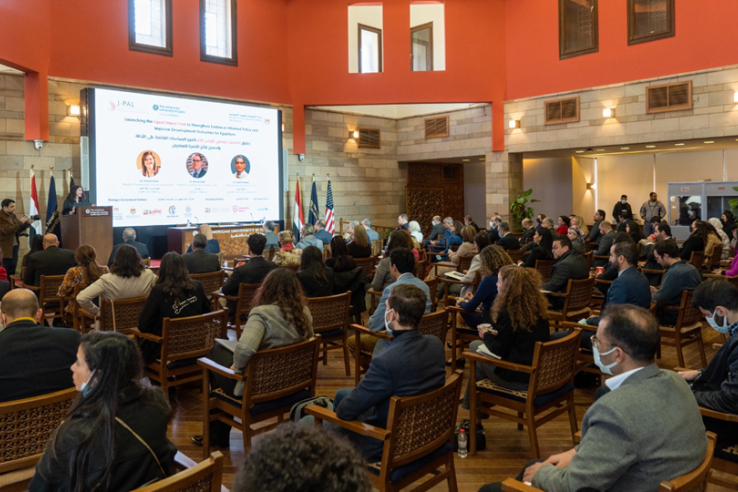
The Egypt Impact Lab (EIL), established in 2022, is an initiative of the Abdul Latif Jameel Poverty Action Lab Middle East and North Africa (J-PAL MENA) at the American University in Cairo (AUC) and the Ministry of Planning, Economic Development, and International Cooperation (MPEDIC). EIL is uniquely positioned and integrated in MPEDIC’s National Institute for Governance and Sustainable Development (NIGSD) to strengthen the cost-effectiveness of Egypt’s poverty reduction policies.
The EIL works to build a culture of evidence-informed decision-making across government by building partners’ capacity to use evidence in program design and delivery and using administrative data to facilitate evidence generation. To do so, EIL operates in close collaboration with key strategic governmental partners including the Ministry of Social Solidarity (MoSS), the National Council for Women (NCW), the Micro, Small, and Medium Enterprises Development Agency (MSMEDA), the Ministry of Education and Technical Education (MoETE), and the Universal Health Insurance Authority (UHIA).
The Egypt Impact Lab is made possible with support from founding partners Sawiris Foundation for Social Development and Community Jameel, along with additional support from UNICEF Egypt.
Overview
Egypt’s development challenges necessitate the use of rigorous evidence. As massive public investments are made in development programs in Egypt, optimal program design, targeting, performance management, and speedy and useful monitoring are essential to improve development outcomes. Ensuring effectiveness of public investments in supporting employment, income generation, and social protection can be supported by using evidence on the effectiveness of programs or policies, all the more important as the global Covid-19 crisis exacerbated development challenges.
The Egyptian Ministry of Planning, Economic Development and International Cooperation (MPEDIC) is poised to be a government champion for using rigorous evidence, as it seeks to promote and sustain economic growth through effective planning and efficient management of public investment that integrates and accommodates the private sector and civil society and is staffed by civil servants and academic researchers. Building MPEDIC’s capacity to use evidence will foster an ecosystem of innovation and evaluation in government.
In 2022, MPEDIC partnered with J-PAL MENA at AUC to launch the Egypt Impact Lab. Building on lessons from partnerships that have enabled J-PAL MENA to conduct over 60 completed and ongoing randomized evaluations in Egypt and the MENA region, EIL aims to advance the use of rigorous evidence and action-oriented research to design innovative solutions to development challenges in Egypt.
The Egypt Impact Lab (EIL) focuses on four key thematic areas: social protection and poverty reduction; employment and micro, small, and medium enterprise development; women’s empowerment and family planning; and environment, energy, and climate change, with the latter area being led by the Hub for Advanced Policy Innovation for the Environment (HAPIE).
EIL’s work revolves around top government development priorities and focuses on strengthening the impact of national initiatives, including Hayah Karima and the National Family Development Program, guided by our strategic government partners. Together with these partners, EIL works on three pillars:
Pillar I: Generating evidence on priority questions and disseminating insights on EIL themes
EIL Pillar I takes a three-stage approach to use randomized evaluations (RCTs) to evaluate innovative programs and learn what works. First, we work with strategic partners to identify their top priorities, consider insights from existing evidence, and consult on innovative program design to meet their development goals. Second, we work together to align program implementation and RCT implementation. Third, we use the results from the research to inform future policy decisions and the scaling up of effective programs. Throughout the cycle, pillars II and III support our learning through capacity building, evidence sharing, and using administrative data.
EIL draws on insights from J-PAL’s global database of over 2,500 impact evaluations to address the top priorities of our strategic government partners and to identify local programs that could benefit from evaluation and contribute to the global evidence base. This ensures that lessons that are immediately applicable from the global evidence base can be incorporated into program design in Egypt, and ensures that any research is conducted on questions that are truly unanswered, where evaluation adds maximum value to policymakers’ understanding. J-PAL’s evidence base covers the sectors of labor markets, social protection, women empowerment, and others that are relevant to government programs such as Hayah Karima and the National Family Development Program, and we incorporate these lessons into policy advising for the strategic partners.
EIL aims to regularly launch new impact evaluations of flagship government initiatives anchored by government partners. We work with strategic government partners to identify their top priorities, consider insights from more than 2500 existing impact evaluations, and consult on innovative program design to meet their development goals. This ensures that lessons that are immediately applicable from the global evidence base can be incorporated into program design in Egypt, and ensures that any research is conducted on questions that are truly unanswered, where evaluation adds maximum value to policymakers’ understanding.
Pillar II: Building the government's capacity to use evidence
The EIL supports the government in becoming a stronger producer and user of evidence to inform policy and improve lives. Through tailored capacity building programs, we work with policymakers, practitioners, researchers, and monitoring and evaluation (M&E) professionals to strengthen their ability to engage with and apply rigorous evidence—particularly from randomized evaluations.
EIL draws on J-PAL’s global expertise to deliver a range of training programs designed for different levels of experience, technical backgrounds, and institutional roles. These programs are led by J-PAL affiliated professors and senior staff and are adopted each year to align with Egypt’s national priorities.
EIL’s capacity building offerings are organized into four thematic tracks:
Track 1: Strategic Engagement with Partners
Objective: Build institutional partnerships and deliver customized workshops that strengthen stakeholder capacities and promote collaboration on evidence-based policymaking.
Programs include: Leading with Evidence-Informed Decision-Making (LEID), Evaluating Social Programs (ESP)
Track 2: Administrative Data for Decision Making
Objective: Enhance government capacity to use administrative data—from collection to advanced analysis—for efficient, data-driven decision-making.
Programs include: Building Evidence Ecosystems Training (BEET), Building Rigorous Impact for Data-driven Governance through Evidence-based insights (BRIDGE)
Track 3: Evidence to Scale
Objective: Equip NGOs and civil society organizations with skills to collect and use high-quality data in support of scaling effective programs.
Programs include: Foundations of Randomized Evaluation (FRE), Data Collection Firms Training (DCFT)
Track 4: Individuals’ Diploma
Objective: Develop a new generation of researchers and policy professionals through in-depth training, mentorship, and field experience in randomized evaluations.
Programs include: Mena Scholar Fellowship program (MSF) and Alliance for Data, Evaluation, and Policy Training (ADEPT)
More details are available on our Capacity Building webpage.
Pillar III: Strengthening local knowledge ecosystems to enable policy influence
In light of EIL's commitment to build the ecosystem of evaluation and evidence-based decision-making, EIL has made positive strides to leverage the data housed in MPEDIC, Ministry of Internal Supply, MoSS, and MoETE. Notable examples include the investment plan data, the birth and death registry, the Hayah Karima water, sanitation and hydration (WASH) intervention data, and the recently published Multidimensional Poverty Index (MPI). Affirming the direction of these efforts, the team was asked to conduct a thorough internal audit of the new website for the Central Agency for Public Mobilization and Statistics (CAPMAS) ahead of its launch to the public, offering targeted feedback to enhance data accessibility and usability.
EIL activities on this front ensures regular reporting of findings and gaps to partners, ensuring unified progression to become better users and producers of data. This loop feeding back into the system is designed to help move the needle towards evidence-based governance.
On the public ground, notable examples under this pillar include The South-South Learning Journey and The Knowledge Exchange Webinar Series.
The South-South Learning Journey brought together policymakers from Egypt and Indonesia in Jakarta for a five-day exchange organized by the Egypt Impact Lab under J-PAL MENA, in collaboration with J-PAL SEA, J-PAL Global, and with support from the Islamic Development Bank and Community Jameel. This initiative provided a vital platform for sharing best practices, fostering innovation, and deepening collaboration between governments and researchers to strengthen social protection systems. Key discussions focused on leveraging digital self-targeting platforms, utilizing administrative data to enhance program design and evaluation, and refining strategies for more effective cash transfers, social, and health insurance subsidies. A central takeaway was the critical role of embedded research labs—such as the Egypt Impact Lab—in enabling adaptive, data-driven policymaking that is better aligned with citizens’ needs.
In parallel, the Egypt Impact Lab recently hosted the Knowledge Exchange Webinar Series – Bridging Health Systems, in partnership with the UHIA and the World Health Organization (WHO) in Egypt. This series is designed to promote government-to-government learning and practical policy dialogue around Universal Health Coverage (UHC). Each webinar convenes local and international experts to share technical insights and real-world experiences on critical health insurance topics such as benefit package design, primary healthcare contracting, and informal sector inclusion. By fostering peer learning and highlighting actionable lessons from countries like Chile, Indonesia, and Thailand, the series contributes to building a more robust and evidence-informed health system in Egypt.
Key Facts
Sectors: Gender; Finance; Firms; Labor Markets; Social Protection; Environment, Energy, and Climate Change
Office: J-PAL MENA
Director: Reham Rizk
Chair: Bruno Crépon
Contacts: Reham Rizk, Rahma Gheriany
Strategic Partners
 |
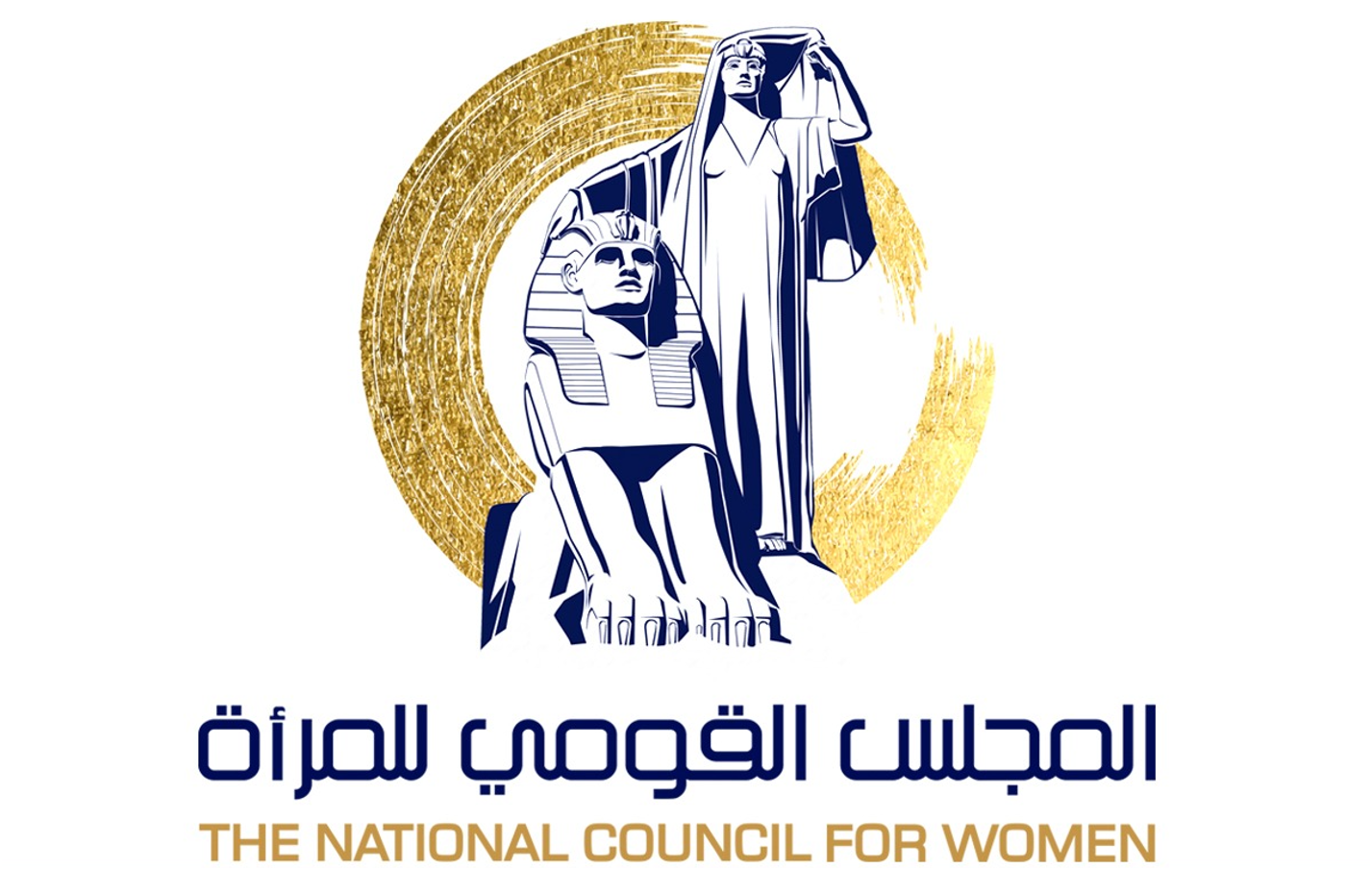 |
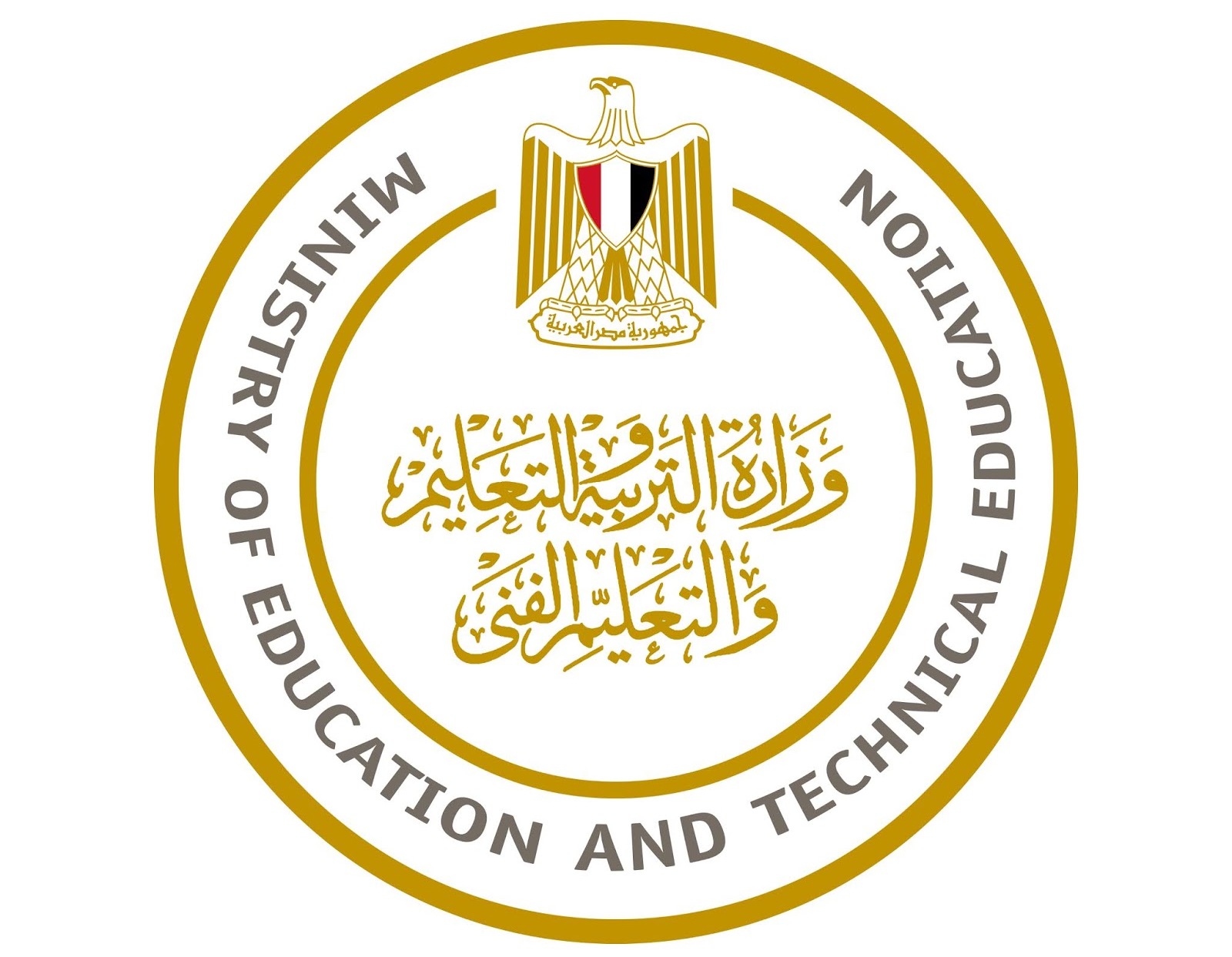 |
 |
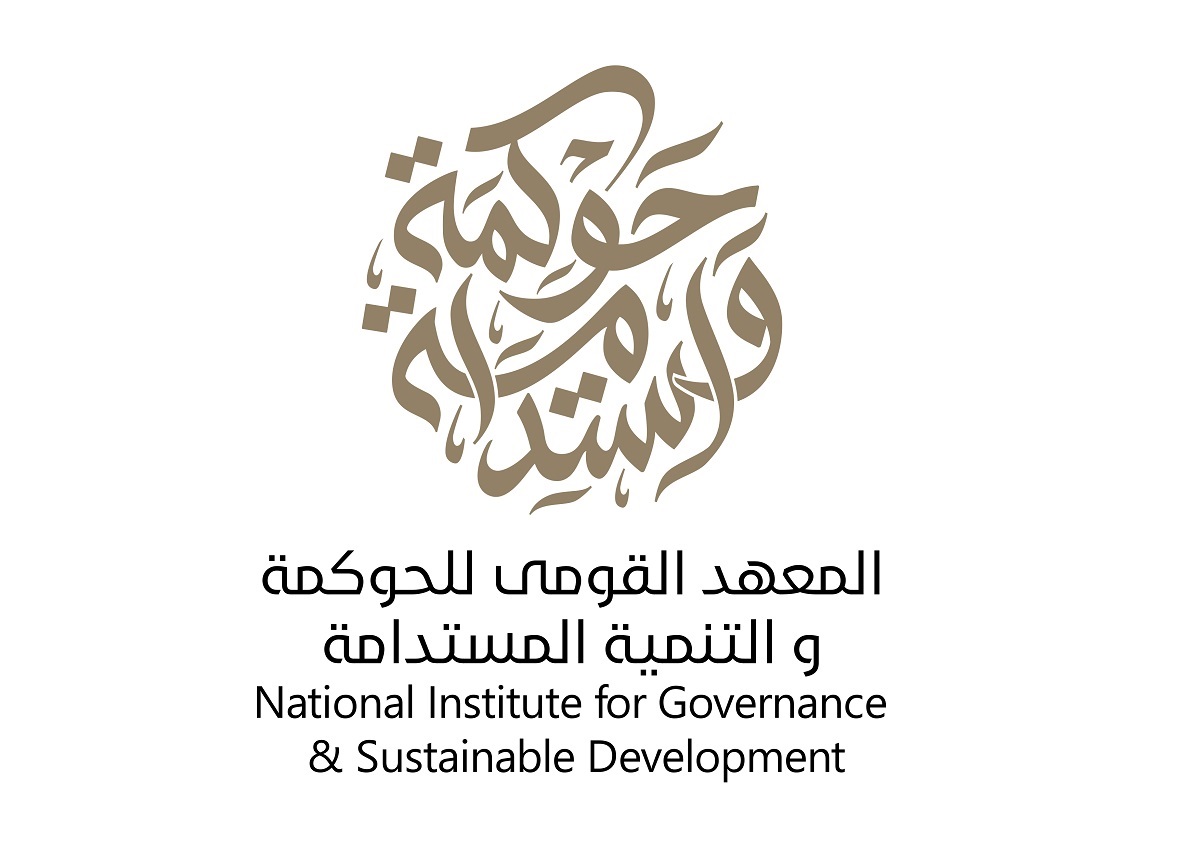 |
Funding Organizations
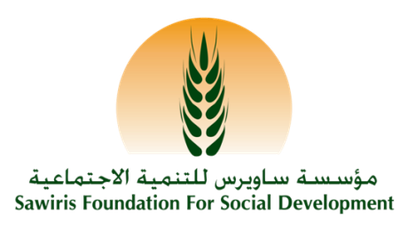 |
 |
 |
Engaging with the Egypt Impact Lab
The Egypt Impact Lab works closely with government partners, development practitioners and donors focusing on four main thematic areas:
Social protection and poverty alleviation
Social protection has a crucial role in supporting and uplifting the most vulnerable groups in society, requiring targeted, effective, and efficient programs. The need to strengthen program design and delivery related to social protection is now greater than ever. At the invitation of the Minister of Planning, Economic Development, and International Cooperation, the Minister of Social Solidarity has confirmed MoSS’s role as a strategic partner in designing and carrying out the activities of EIL. EIL builds on the active collaboration between MoSS and J-PAL MENA, which focuses on evaluating the impact of access to subsidized nursery schools on women’s labor force participation and early childhood development, advancing MoSS’s commitment to evidence-informed policymaking
EIL has a major focus on the Hayah Karima (HK) Initiative, a comprehensive multidimensional poverty alleviation program that aims to expand the national safety net in the poorest villages in Egypt. In its first phase, HK expanded the coverage of natural gas, sewage services, education, and health services in 374 villages. In the second phase, the focus is on improving living conditions by investing in human capital, infrastructure, basic services, and job opportunities. It is essential to test the impact of these interventions on a number of outcomes, including income, consumption, asset ownership, financial inclusion, physical and mental health and others.
Employment and MSME development
Second, employment remains at the top of development challenges and policy priorities for the Government of Egypt, and is a key component in the country’s strategies to reduce poverty and inequality. Youth unemployment, skills mismatch, low firm growth, informality, and other structural issues hinder the creation of decent work. Along with skills training and job matching programs, the Government of Egypt places MSME development at the heart of the solution to firm growth and job creation. Given its central role in developing the MSME sector, as a crucial path for poverty alleviation, the Egyptian Micro, Small and Medium Enterprise Development Agency (MSMEDA), is leading the development of MSMEs and is generating and using rigorous evidence in designing its policies. J-PAL and MSMEDA have jointly designed and implemented completed and ongoing randomized evaluations of several of MSMEDA’s priority programs, including components of the "Emergency Employment Investment Project (EEIP)" and the ongoing "Addressing the Root Causes of Irregular Migration."
Women's empowerment and family development
Third, family development and female empowerment are top national priorities. The National Family Development Program, a coordinated effort across government to curb population growth and support healthy families, has been launched. The program has four pillars: digitalization and monitoring; culture, awareness and education; service provision (reproductive health services); and economic empowerment.
This brings together a focus on family planning and development, women’s empowerment, and labor force participation. EIL tests programs under the National Family Development Program, to answer questions specific to the Egyptian context. EIL works to use key insights from its gender, health, and labor sector research to inform program design by MPED, NCW, MoSS, UHIA, and MSMEDA.
Environment, energy, and climate change
Building on the EIL’s embedded government model, the Hub of Advanced Policy Innovation for the Environment, (HAPIE) broadens EIL’s focus to encompass environmental, energy, and climate change issues, establishing it as the fourth thematic area under EIL.
HAPIE has a unique identity since it is also part of J-PAL’s Air and Water Labs (AWLs) established in partnership with Community Jameel. It is the regional counterpart to AWLs in India and South Africa. Soft-launched in 2023, HAPIE is designed to accelerate the adoption of scientific evidence in air and water policies by co-developing research that informs effective, actionable solutions; supporting government partners in implementing contextually appropriate responses.
HAPIE is made possible with generous support from its founding partners: Community Jameel and the Sawiris Foundation for Social Development.
HAPIE aims to:
- Co-generate evidence on promising solutions and innovations for critical air and water challenges, providing insights on which solutions should be scaled up.
- Provide technical assistance to scale effective air and water policies, while enhancing access to high-quality data for impact evaluation and decision-making support.
Contact Yomna El-Awamri to learn more.
Request for Proposals
For information about the EIL Request for Proposals, please visit this page.
Training and Events
Learn more about the MENA Evaluating Social Programs (ESP) course and the latest ESP training course. The next course is forthcoming in the last quarter of 2025.
Publications
The EIL Annual Progress Report provides a comprehensive overview of the lab's progress, detailing activities across its four thematic areas and developments within its three key pillars.
Egypt Impact Lab Careers
There are no current openings.